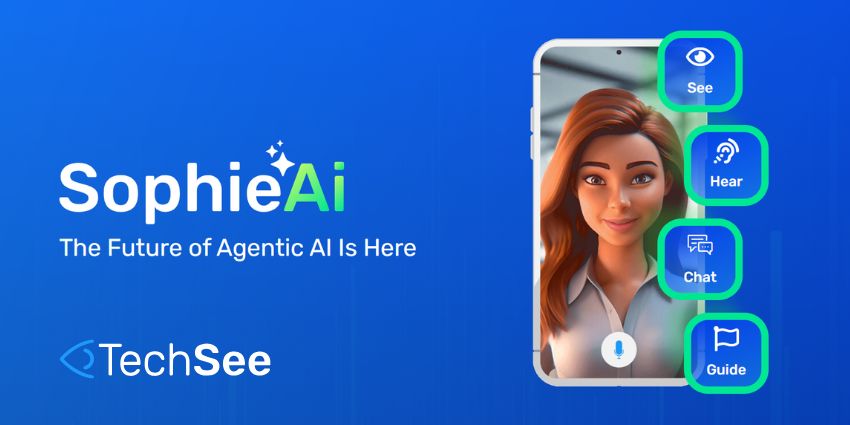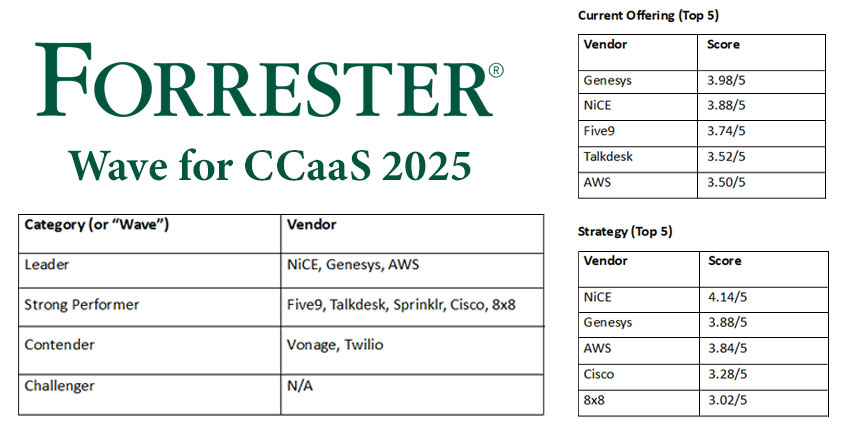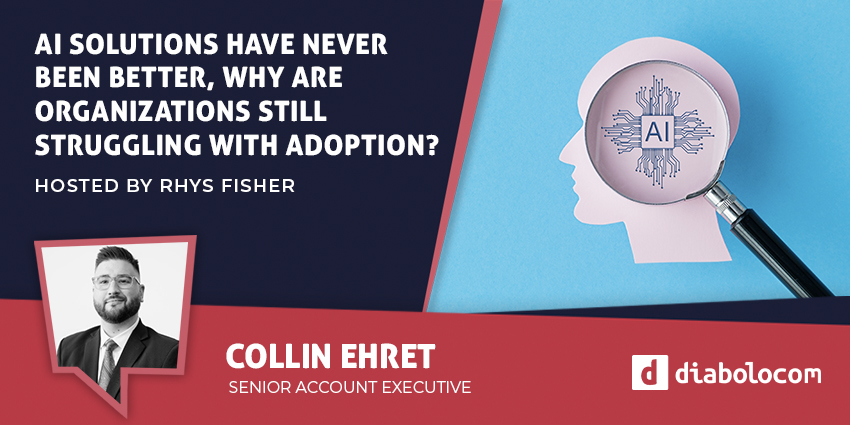When CCaaS first came to the fore, service leaders weighed up the merits of the cloud vs. their on-premise technology.
Many moved quickly, grasping the accelerated feature rollouts, superior scalability, and heightened flexibility of CCaaS models – which proved highly beneficial during the shift to remote work.
Others – for various reasons – stuck to their guns. Such reasons included an unwillingness to part ways with heavily customized platforms, a desire to keep data sovereignty under wraps, and a struggle to ramp up the transformation resources.
Yet, nowadays, the decision to migrate to the cloud is not so binary.
The Evolution of Contact Center Buying Decisions
More tech leaders make buying decisions through a careful evaluation process, which assesses how the prospective solution aligns with existing processes and the future strategy.
It’s less cloud vs. on-premises. It’s more nuanced.
Most still opt to invest in new SaaS solutions, given their adaptability and the prevalence of cloud-based AI.
Indeed, even the most steadfast of service operations are beginning to borrow applications from the cloud for digital channels, service automation, and further use cases.
However, they often add SaaS apps over the top of their existing platforms, keeping their critical data loads, core infrastructure, and voice platform on-premise.
In doing so, these organizations may stick to their trusty infrastructure while keeping up with the latest and greatest CCaaS innovation.
As such, the “hybrid contact center” is gaining momentum. Noting this trend, Simon Adnett, VP of UK Sales at Enghouse Interactive, stated:
“Sometimes we meet customers who prefer an on-premise solution with a cloud option as a failover. It’s about offering customers a choice, and sometimes that choice is a hybrid solution.”
By maintaining that hybrid infrastructure – with the support of a vendor that offers both on-premise and cloud contact center tech – contact centers can:
- Keep ahold of the on-premise tools they’ve sunk significant sums of money into via licensing, customization, and integration initiatives.
- Follow strict international regulations. For instance, some governments forbid businesses from storing particular sources of customer data in the cloud, like call recordings.
- Fill the product gaps they spot in their chosen CCaaS offering – including those that often relate to the voice platform’s reliability.
- Migrate to the cloud more cautiously and safeguard customer experiences.
There Are Still Legs In On-Premise Software
According to a global customer experience study of 1,531 companies by Metrigy, fewer than 30 percent of contact centers have switched to the cloud.
That statistic underlines many companies’ hesitancy regarding a shift to the cloud alongside the merits of a more cautious approach to contact center migrations.
Yet, it also suggests that there are still legs in on-premise contact center software.
Indeed, the study goes on to suggest that 14 percent of companies considering a contact center provider switch will do so because they plan to return to an on-premises platform.
Metrigy uncovered greater security and reliability as the core reasons.
“A whopping 54.5 percent of those planning to return to on-premises cite better security,” the analyst stated.
“Using both platforms, they found fewer contact center fraud and security breaches when they ran their security portfolio.”
In addition, 40.9 percent noted having experienced “too many” cloud outages.
Despite this, many CCaaS providers can demonstrate excellent security and reliability records.
However, at the dawn of CCaaS, many new vendors took to the space without the contact center know-how of an experienced vendor.
As such, many companies rushed to the cloud, taking the wrong route and missing out on many of the often significant advantages of CCaaS platforms.
Enghouse: The Vendor That Gives You Choice
Enghouse Interactive is one of the few vendors to offer on-premise, hybrid, and pure-play CCaaS environments – supporting many global organizations across each model.
With decades of contact center know-how, it works with businesses to map out their desired contact center ecosystem and provides an array of solutions and services to help them get there.
You can learn more about Enghouse or book a demo of their contact center solutions to modernize your contact center.







